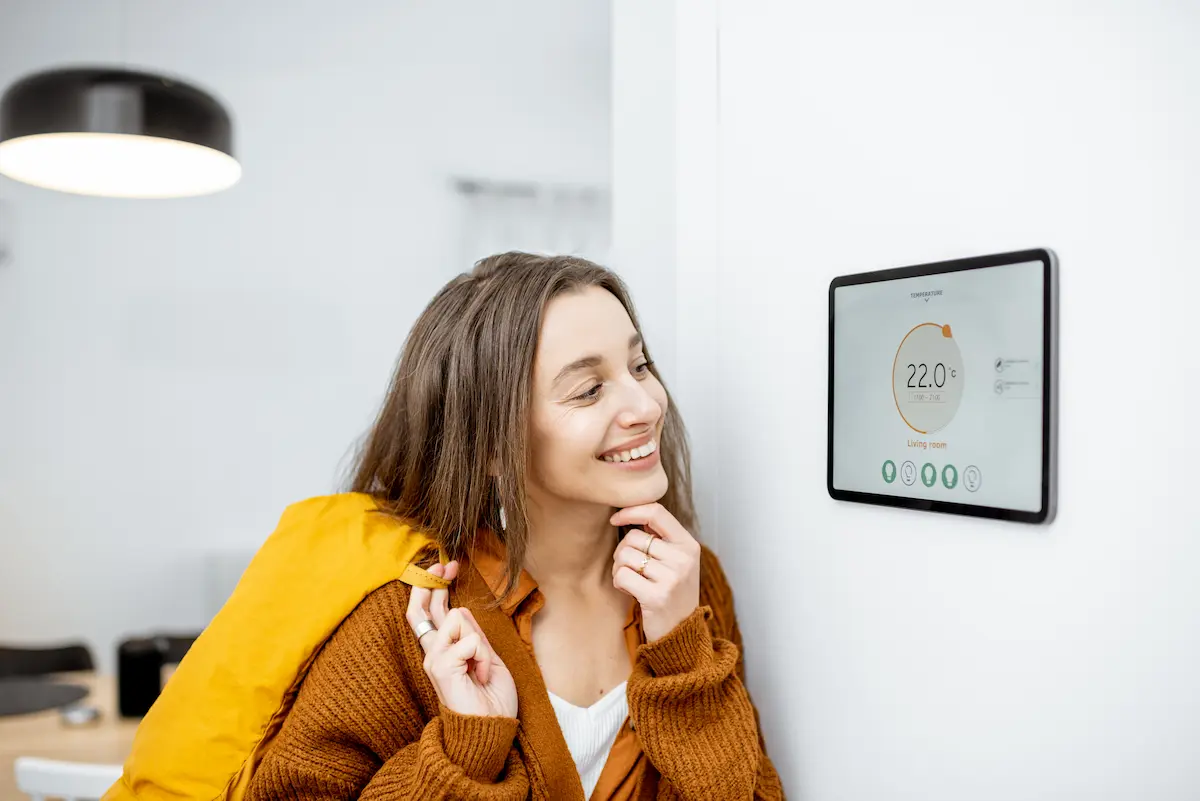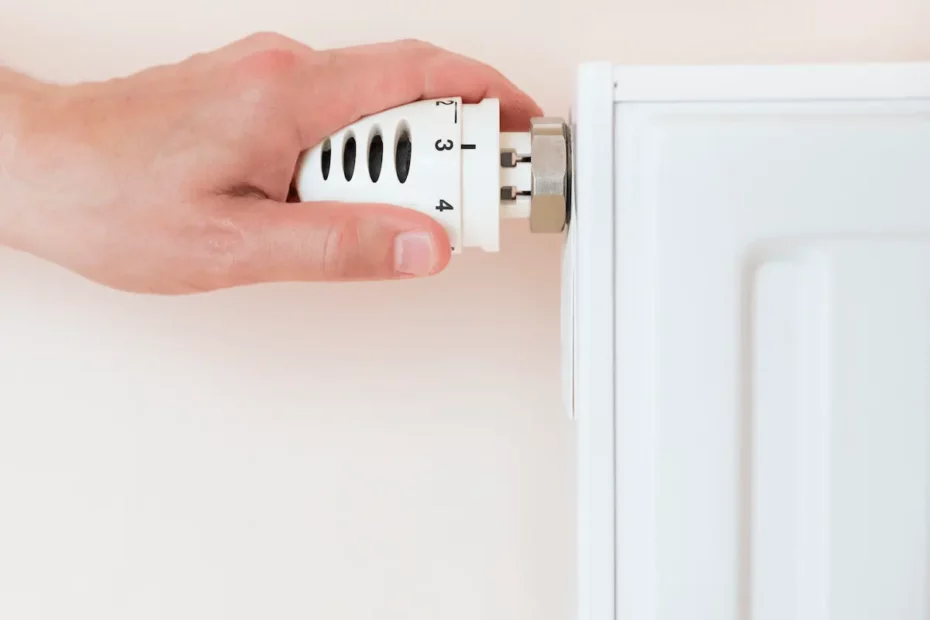The average electricity consumption of a French household heated with electricity is 4,312 kWh per year. This is a significant figure, representing almost two-thirds of total annual household electricity consumption. It is therefore essential to understand the factors that influence this consumption, including the type of radiator used, the insulation of the home and heating habits. By choosing the right equipment and adopting eco-responsible behavior, it is possible to reduce this consumption and, consequently, your energy bill.
Consumption by radiator type
There are different types of electric radiators, each with its own energy consumption characteristics. Electric convectors, for example, consume the most energy. They don’t distribute heat evenly, which can lead to a feeling of thermal discomfort. Radiant panels, on the other hand, redistribute heat by radiation, offering a greater sense of comfort. However, they are energy-hungry. Inertia radiators are the most efficient in terms of energy savings. They store heat and distribute it gradually, guaranteeing a stable room temperature.
| Heating type | Benefits | Disadvantages | Average power |
|---|---|---|---|
| Electric convector | – Low installation costs – Ease of use | – High power consumption – Uneven heat distribution | 500W to 2000W |
| Radiant panel | – Greater sense of comfort – Redistributes heat by radiation | – Relatively high energy consumption | 500W to 2500W |
| Inertia radiator | – Energy saving – Soft, constant heat | – Higher installation costs | 500W to 2000W |
| Gas boiler | – Cost of gas generally lower than electricity – Centralized heating | – Requires gas installation – Regular maintenance required | 6kW to 35kW |
| Heat pump | – Energy saving – Uses renewable energy | – High installation cost – Outdoor space required | 5kW to 20kW |
| Oil-fired boiler | – Central heating – Large heating capacity | – Fluctuating fuel costs – Requires fuel storage | 15kW to 40kW |
This table provides an overview of the advantages, disadvantages and average wattage of the different types of heaters. It’s important to note that the power required will depend on the size of the room or house, insulation and other factors. It is therefore advisable to consult a professional before making a decision.
Calculating consumption
A radiator’s consumption is mainly determined by its wattage, measured in watts, and by the time it is used. To estimate a radiator’s power consumption, use the following formula: Power consumption = Radiator power (W) x Time of use (hours) x Number of days of use / 1,000. This formula gives an estimate in kWh, which can then be multiplied by the cost per kWh to obtain the total cost of consumption.
Factors influencing consumption
Several factors can influence the consumption of an electric radiator. Insulation is one of the main factors. Poorly insulated homes can lose up to 30% of their energy. Heating habits, such as the temperature at which the thermostat is set or the length of time the radiator is switched on, also have a significant impact. What’s more, the volume of the room to be heated has a direct influence on consumption. A large room will require more energy to heat than a small one.

Ecogestures to reduce consumption
There are a number of eco-gestures that can help reduce heating-related electricity consumption. For example, lowering the thermostat temperature by 1°C can save up to 7% energy over the year. Equipping radiators with programmable thermostats is also a good practice. Airing rooms for at least 10 minutes every day helps to renew the air and prevent moisture build-up, which can improve heating efficiency. Finally, choosing the right radiator for the size and use of the room is essential to optimize consumption.

